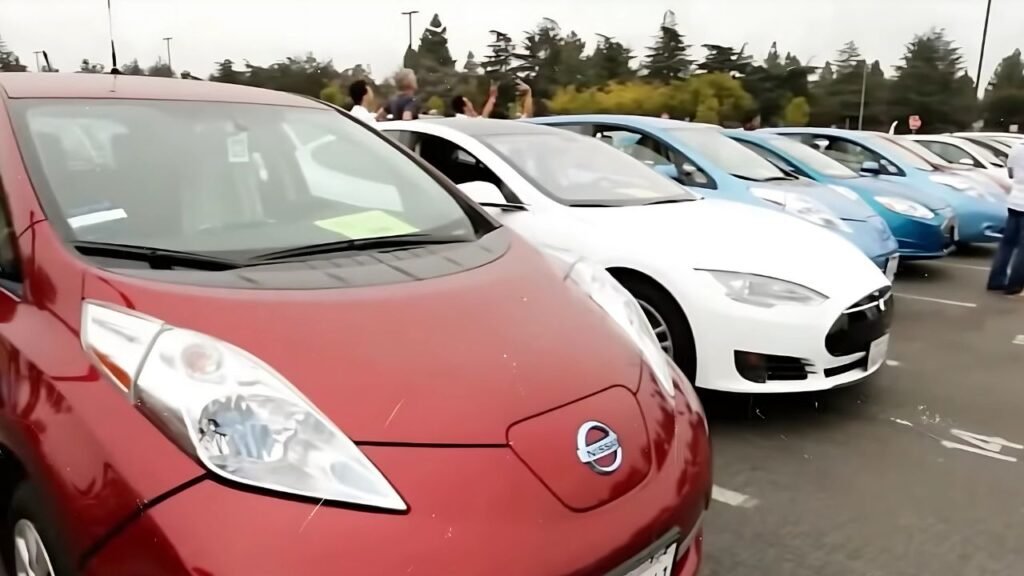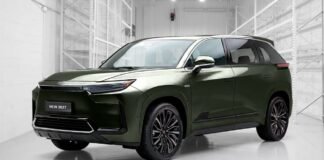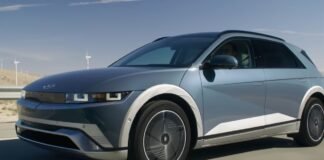Has it only been a week since Honda and Nissan officially unraveled, with Mitsubishi floating somewhere in the mix? Now, Japan is urging Tesla to invest in Nissan. Nissan, burdened with baggage, appears to be a sinking ship. The company has continuously sought assistance but is unlikely to find support from Honda anymore. However, Foxconn has approached Honda, urging them not to abandon the idea of a collaboration with Nissan and Mitsubishi.
A Four-Way Partnership Proposal

Foxconn has proposed a four-way alliance involving Mitsubishi, Honda, Nissan, and itself. While this could provide much-needed stability for Nissan, Honda has shown a reluctance to be dictated to.
Honda recently severed its fuel cell partnership with General Motors, reinforcing its independent stance. Honda seems confident in its own capabilities, making it unlikely they will entertain Foxconn’s suggestion unless they remain in control.
Tesla’s Potential Role in Nissan’s Survival
Meanwhile, Nissan has reportedly reached out to Tesla for investment. A high-level Japanese group, including a former prime minister, has drafted plans for Tesla to invest in Nissan.
The idea behind this initiative is to attract Tesla as a strategic investor, believing it would be interested in acquiring Nissan’s U.S. manufacturing plants.
While Tesla might want more production capacity, its manufacturing plants differ significantly from Nissan’s. Converting Nissan’s plants into Tesla factories would likely be more expensive than building new ones from scratch. The differences in production methods make the feasibility of such a transition questionable.
Tesla’s Interest in Nissan’s Plants: Reality or Speculation?
This proposal is led by former Tesla board member Hiromichi Munos, supported by ex-Prime Minister Yoshihide Suga and his former aide Isumi.
Despite these high-level endorsements, Tesla’s actual interest remains uncertain. Suga’s office has denied knowledge of any proposal, and Munos himself has stated he has no involvement in the reported plans. Analysts also doubt Tesla’s enthusiasm for acquiring Nissan’s U.S. plants, given Tesla’s unique factory design.
Tesla’s silence on the matter has only fueled speculation. Elon Musk has previously stated that Tesla’s revolutionary manufacturing process is one of its biggest competitive advantages.
As such, integrating Tesla production within Nissan’s existing infrastructure seems impractical. Regardless of Tesla’s official stance, Nissan’s stock price surged by 10% following the rumors. If this story is fabricated, it could be a strategic move by investors looking to profit from the speculation.
Foxconn’s Alternative Proposal for a Japanese EV Alliance
While the Tesla-Nissan rumor dominates headlines, Foxconn has put forth another compelling proposal. The Taiwanese electronics giant has suggested a strategic partnership with Honda, Nissan, and Mitsubishi. Foxconn aims to strengthen its electric vehicle (EV) business by collaborating with these Japanese automakers.
Foxconn was previously interested in a partnership with Nissan, but Honda’s involvement has reshaped discussions. Although previous merger talks between Honda and Nissan collapsed, the companies remain engaged in a strategic partnership for EV development, including software and battery-sharing initiatives.
Foxconn sees an opportunity to facilitate deeper cooperation, creating a unified front against Tesla and Chinese EV manufacturers.
The Role of Foxconn in the EV Industry
Foxconn has been actively seeking entry into the EV sector but has struggled to find a strong customer base. Rather than launching its own brand, Foxconn aims to serve as a key supplier for automakers. By partnering with Honda, Nissan, and Mitsubishi, Foxconn could establish a robust global foothold.
The company is particularly interested in producing standardized EV components to reduce costs and improve competitiveness.
China’s EV industry thrives on collaboration, with brands sharing components to cut costs. Foxconn envisions a similar approach with Japanese automakers, leveraging its expertise in cutting-edge technology, EV platforms, and software. Although Foxconn primarily manufactures hardware, its history with Apple suggests it could develop competitive EV software as well.
Leadership Disputes and Corporate Pride
Despite the potential benefits, internal rivalries may hinder the proposed collaboration. Honda and Nissan have long struggled to align their visions. Honda reportedly wanted full control over Nissan, aiming to replace its leadership. This power struggle contributed to the collapse of their earlier merger talks.
Mitsubishi, on the other hand, is deeply intertwined with the Mitsubishi Group, which includes banking and various industrial sectors.
The company’s reluctance to cede control makes it an unpredictable player in these discussions. While Nissan was initially willing to work with Honda, their partnership eventually fell apart due to conflicting leadership interests.
Foxconn, however, could serve as the neutral entity needed to bridge the divide. The company’s survival depends on countering the growing dominance of Tesla and BYD.
If Honda, Nissan, and Mitsubishi share this goal, a partnership with Foxconn could be mutually beneficial. However, past conflicts and corporate pride may prevent such an alliance from materializing.
Honda’s Break from General Motors
Meanwhile, Honda has continued to distance itself from General Motors (GM). After years of collaboration, Honda has now abandoned joint projects with GM for fuel cells, EVs, and autonomous driving technology. This move signals Honda’s confidence in its independent research and development capabilities.
Honda recently unveiled its next-generation fuel cell system, boasting significant advancements over its previous joint venture with GM. The new system cuts production costs by half, doubles durability, and triples volumetric power density. This breakthrough places Honda at the forefront of fuel cell innovation, rivaling even Toyota’s latest advancements.


